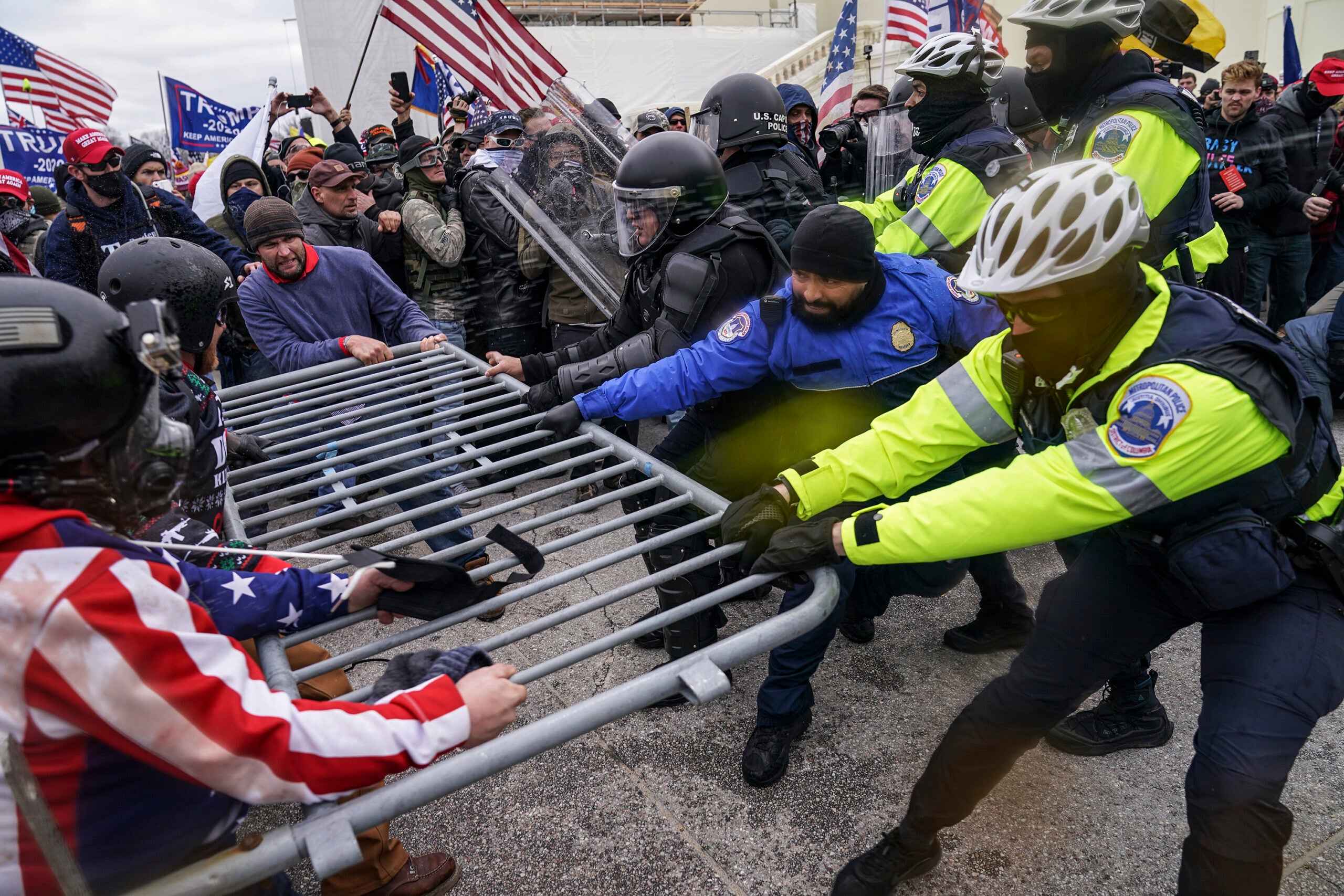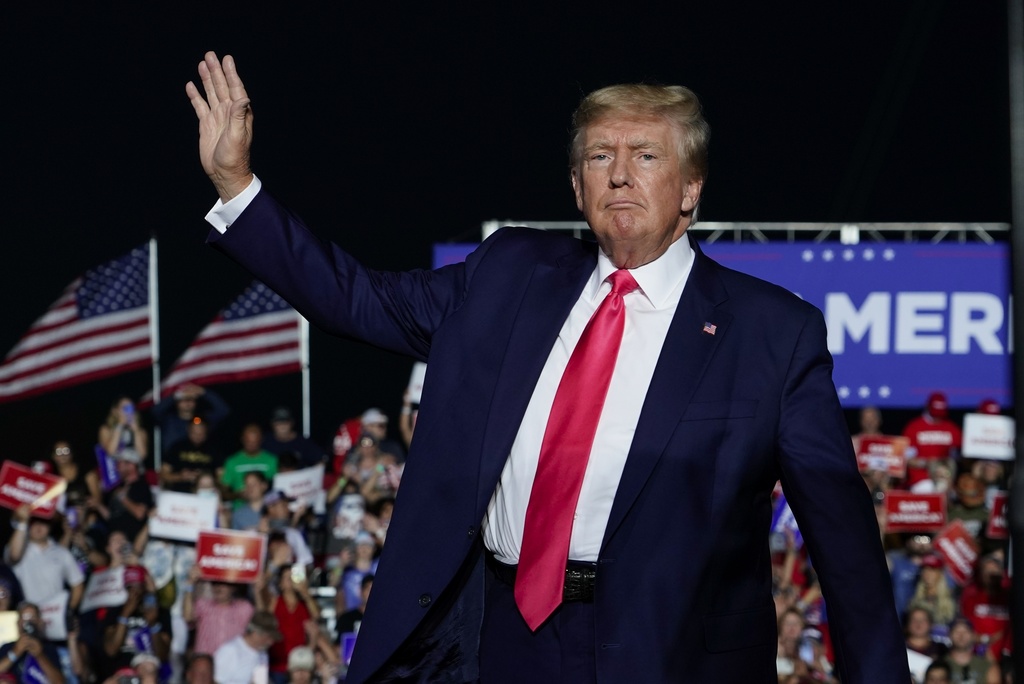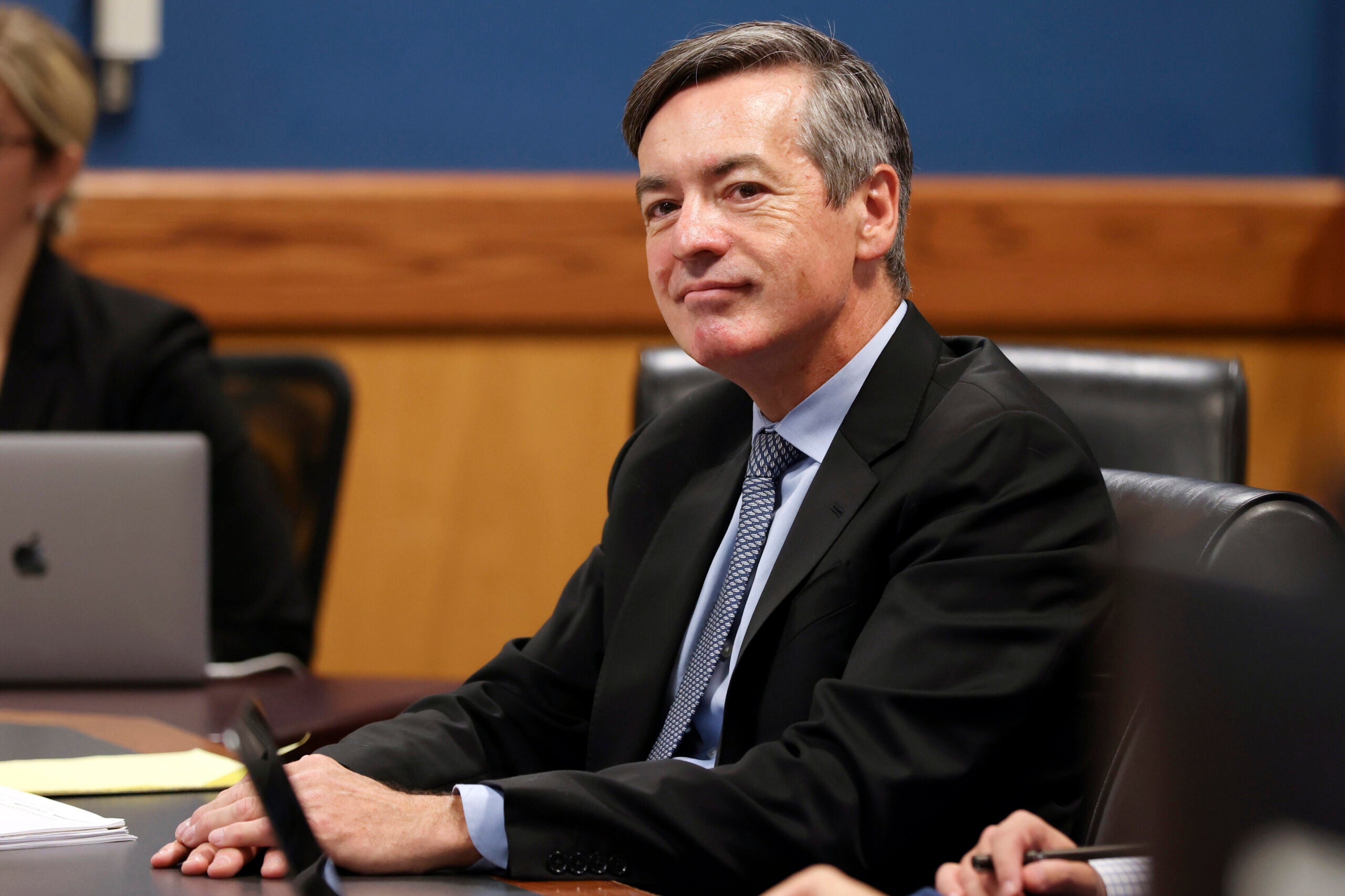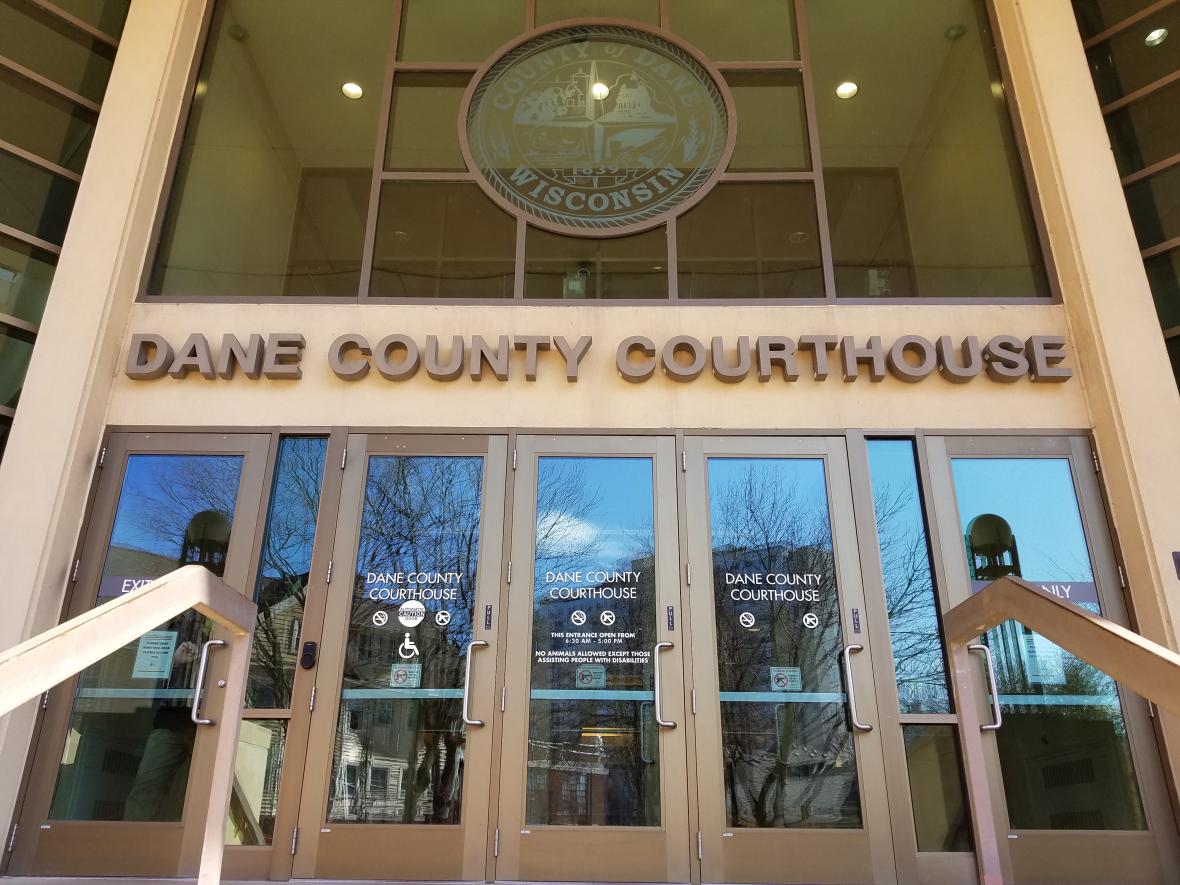The Electoral College became the subject of great controversy when Al Gore disputed the results of the 2000 presidential election– after winning the popular vote, but not the Electoral college vote. Ahead of the 2016 election, we find out how the Electoral College came to be. We also learn about Senior Companion Programs in Wisconsin, and find out why Wisconsin inmates who were sentenced for murder before they turned 16 are now in a legal gray area.
Featured in this Show
-
Wisconsin Juvenile Offenders Are In A Legal Gray Area After SCOTUS Ruling
In 2012, the US Supreme Court banned mandatory life sentences without parole for juveniles that had committed murder. Since that decision was made, there are about 68 inmates in Wisconsin who committed murder before turning sixteen that are still in a legal gray area. We talk to a journalist who wrote an in-depth report on the issue.
-
Wisconsin Juvenile Offenders In Legal Limbo After 2016 SCOTUS Ruling
A U.S. Supreme Court ruling and emerging brain research is challenging how the criminal justice system handles juveniles who commit murder and other serious crimes.
Wisconsin juveniles sentenced to life in prison are currently in legal limbo, in part because of a 2012 U.S. Supreme Court ruling that banned mandatory life sentences without parole for juveniles that had committed murder.
A follow-up ruling this year stated the decision should be retroactive, meaning someone who had already received a life sentence without parole should now get a chance to see the parole board or have their sentences reexamined.
Since that decision was made, there are about 68 inmates in Wisconsin who committed murder before turning 16 that are still in a legal gray area.
The Supreme Court ruling addressed mandatory life sentences without parole for juveniles. But Wisconsin laws don’t allow such sentencing, making the high court’s ruling a bit ambiguous.
“That’s one aspect that doesn’t apply to the 68 people we’re looking at,” said Milwaukee Journal Sentinel reporter Cara Lombardo. “Actually, on our list, they not only have mandatory life sentences, but many of them, all but three on the list I was looking at, will be eligible for parole or have already been eligible for parole.”
But some criminal justice advocates say Wisconsin’s juveniles are in effect suffering from life sentences without parole because the court system under Gov. Scott Walker’s administration has significantly cut back on parole hearings.
“We’ve seen under Walker’s administration fewer and fewer people being granted parole,” Lombardo said. “So the question is, are these juveniles effectively serving life sentences without parole? And some of their lawyers are starting to ask that question.”
Lombardo said some judges offered life sentences to juveniles knowing parole would be an option about a quarter of the way through their time served. That was the case with one juvenile Lombardo profiled whose parole hearing keeps getting deferred.
“So the court’s understanding at the sentence might have assumed that (the convicted juvenile) might have been paroled one day,” Lombard said.
Developmental brain research is also reforming sentencing laws, said Lombardo. Just last week, Marathon County Circuit Judge LaMont Jacobson sentenced a 16-year-old Wausau boy, Dylan Yang, to 13 years in prison and 17 years of extended supervision. Jacobson said Yang’s age was one of many factors considered in his ruling.
“We now know that it is widely accepted that a juvenile’s brain, specifically the portion that control impulse control – the portion that is able to stop and think, ‘What are the consequences of this action?’ – that is still being formed all the way to your twenties,” Lombardo said.
-
Wisconsin Life: Senior Companion Programs
On Wisconsin Life we’ll learn about a senior companion program that matches adults with seniors to help them maintain wellness and independence.
-
What Were The Founders Thinking?: Why We Have A President And The Electoral College
For political junkies who have been watching the 2016 presidential race with bated breath, we wanted to take a look at early United States political history with Ken Davis to try to answer the questions: Why do we have a President? And, why do we have the Electoral College?
-
Historian Explains Unflattering History Behind Electoral College System
It took a revolution to usher in American-style democracy, with its checks and balances and representational government. But the process by which Americans select the president was actually born out of a deep mistrust of the uneducated masses, historians say.
When voters go to the polls Nov. 8, they themselves will not directly elect the president. Instead, they’ll choose electors proportioned by their respective number of state Congressional members to formally vote for candidates on their behalf. That body is known as the Electoral College, and it’s been in place since the very beginning of American history.
But why was it created isn’t as pious as we often make out the United States democracy to be, said Kenneth Davis, historian and author of “Don’t Know Much About History: Everything You Need to Know About American History But Never Learned.”
It starts in the late 18th century as the founding fathers began discussing their divorce from England. After officially becoming a country in July 1776, the U.S. is essentially ruled under the Articles of Confederation, which Davis called a “very weak system of national government” where each of the 13 states had a single vote in Congress.
In 1787, the nation’s leaders met in Philadelphia, Pennsylvania, where they spent months ratifying the U.S. Constitution. Over that time, Davis said there were many arguments about how the nation should choose a president. There wasn’t an easy answer.
“And so these were all pressing issues because these men probably feared one thing more than anything else. And that would be one man with too much power,” Davis said.
The founding fathers wanted a commander in chief who could respond quickly to a crisis and could speak with a single voice when negotiating treaties and dealing with other nations. Davis said even back then, Congress had a reputation for dithering and wasn’t to be trusted to make quick and cohesive decisions from a position of strength.
On the other hand, they didn’t want a parliamentary system, which essentially installed a party leader to power by default. In fact, Davis said, many founding fathers found political parties’ ability to consolidate power distasteful.
“So they wanted the president not to be chosen by the legislature, which is essentially what a parliament does, but still have the strength, the vigor, the executive ability to respond quickly,” Davis said.
Given this chief executive would command the army, legislators were careful — they knew those were the famous last words for many republics in the past. The solution perhaps then was a democratically elected president, but just how democratic was up for debate.
“On other hand, these were men who feared too much democracy,” said Davis. “They thought democracy was basically one step removed from mob rule… So they didn’t really trust the people in the sense that we like to think of these men as champions of democracy. But that’s why they wanted to leave the decision up to somebody else besides the people or the legislature.”
It was that perspective that created the Electoral College. But it too would suffer controversy and intense infighting. Congress decided each state would be given a number of electors equal to their representation in Congress, which is ultimately decided by population.
It wasn’t long before southern states began demanding for more Congressional representation given the number of slaves they owned. Northern states, of course, felt threatened it could lead to an imbalance of power. And so, said Davis, this ugly history of ours became the Three-Fifths Compromise.
“We look back at that and we think of it as somewhat horrifying,” Davis said. “But this was the essence of what slave power was going to mean for a very, very long time. And certainly one of the reasons why four of the first five presidents, after the first seven presidents, were slaveholders.”
Perhaps most telling is the legislature put in a kind of “safety valve” that stipulated that if the electors did not reach a majority decision, then the vote would go to the House of Representatives. It was a kind of plan B to make sure the “right” people were electing the president, Davis said.
Episode Credits
- Rob Ferrett Host
- Veronica Rueckert Host
- Kate Archer Kent Host
- Haleema Shah Producer
- Karl Christenson Producer
- J. Carlisle Larsen Producer
- Cara Lombardo Guest
- George Hinton Guest
- Kenneth C. Davis Guest
Wisconsin Public Radio, © Copyright 2024, Board of Regents of the University of Wisconsin System and Wisconsin Educational Communications Board.





